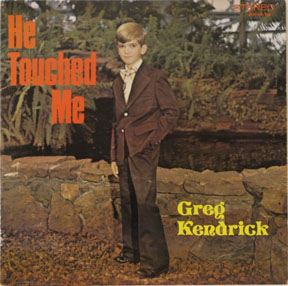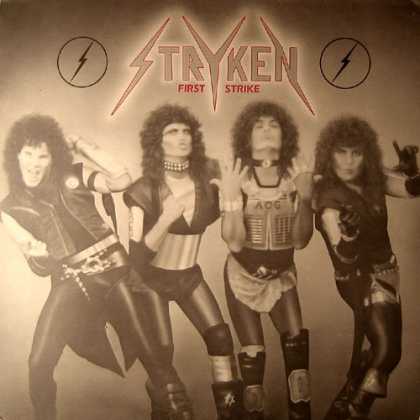
Etobicoke. People in hard times. Yeah, there are good parts of this Toronto borough, but huge parts of it are run-down and filling up with down-and-outers looking to make a buck any way they can. People in hard times, closed shops and factories, low rates of literacy, and not much money to spend.
After decades of seeing their jobs moving to Mexico and the Asia-Pacific region, or having their job security thrown into torpor with the prospect of having them competing with jobs in these places, the members of Ford Nation are weary, and have lost hope in any prospect of a secure job. It is not like in times past anymore, where we lived in a work environment where the employer would take care of them. The differences in wealth have never been greater since the 1920s. The new employment strategy among the employers in Etobicoke seems to be to blame the unemployed for their unemployment.
There was, once upon a time, a way around this: Organize. Share thoughts and concerns, make demands. The ability to organize takes a certain level of self-efficacy, and not many seem to feel that they have it. It is a feeling, after all, since if illiterate workers in Argentina can do it, I am sure workers in Etobicoke can do it too. But there is a certain element of this that is emotional. If you don’t feel that you can organize successfully, you probably aren’t going to be successful.
But that’s another thing. Today’s employee is probably just glad they have a job at all, let alone one that would grant any job security. Unstable incomes lead to unstable families, marriages, and lives. Who do you turn to?
God. And possibly Oprah.
I believe in God. But I think that the number of churches where the answer to poverty is that “if you pray to God with love in your heart, you will get what you need” is on a worrisone rise, and the one-of-a-kind churches seem to specialize in this. While apparently everyone has seemed to given up on organizing, and working as a group of concerned people in a community, I sense that some denominations tend to mimic the effects of the major media, in exacerbating feelings of aloneness and atomization, the opposite of community.
But in comes Rob Ford. Like “us”, he drinks, says anything that is on his mind, and tells off-color jokes. People in Etobicoke identify with him, almost forgetting that his father was a factory owner (he was born into money), and he too is also rich, owns a bungalow and drives an Escalade. Also, unlike most of the working class, he can afford to smoke crack. But instead, the self-appointed denizens of Ford Nation choose to see that “he has his problems” like “us”. He admits his imperfection so that it may help heal his wounds. Even Jesus had wounds, and suffered greatly, so that he may heal others.
Does anyone remember the billboard that was up for one day long the Gardiner Expressway/Highway 427 basket weave (you can’t call it a cloverleaf) that mentioned Rob Ford and ended with a quote from John 8:7? The “cast the first stone” verse is a bad choice of quote, since, well, what is the context? If I recall my Bible correctly, a woman who committed adultery faced a public death by stoning. Jesus intervened and made his famous order that any man who was there (they were all men doing the stoning) who was “without sin” cast the first stone. I take this, and I believe not altogether incorrectly, that any man present who had also not been adulterous cast the first stone. “Sin” in this context usually always means having sex when you are not supposed to. They had, by how I interpret that parable, all been sinful, and likely sinful in the same way. I can say how this is a commentary on how we as humans tend to be the most passionate accusers of other people’s sins which we have ourselves committed, but you’ll be spared. Instead, I draw your attention to the fact that the “sins” are equivalent. All people Jesus faces are guilty of the same or similar sins.
We are given the impression through this sign that I, a sinner have no right to call out a mayor who smokes crack or acts in a highly unprofessional manner in many ways. This only works if my “sins” are equivalent to Ford’s (in this case, vices of many descriptions including drugs and sex). Not all of us smoke crack or consort with prostitutes and drug dealers. I think that makes the majority of our population free of such “sins”.
Rob Ford is not Jesus. Jesus did not smoke crack, nor did Jesus find himself in the company of crack dealers. If it were, it would only to be to get them to repent their crack-dealing ways forever. Jesus was never in “a drunken stupor”. Also, unlike Jesus, most of Ford’s wounds are self-inflicted, if we are to carry the “wound” analogy. Ford has a bigger problem that can’t just be confessed away, and it goes beyond any problems “us common folk” have. These are problems involving criminals, and the police. This is a larger set of personal problems that would dwarf most of ours by orders of magnitude. And they are all problems that Rob Ford made for himself.
Rob Ford is not like us. Not like us at all.
Views: 137


